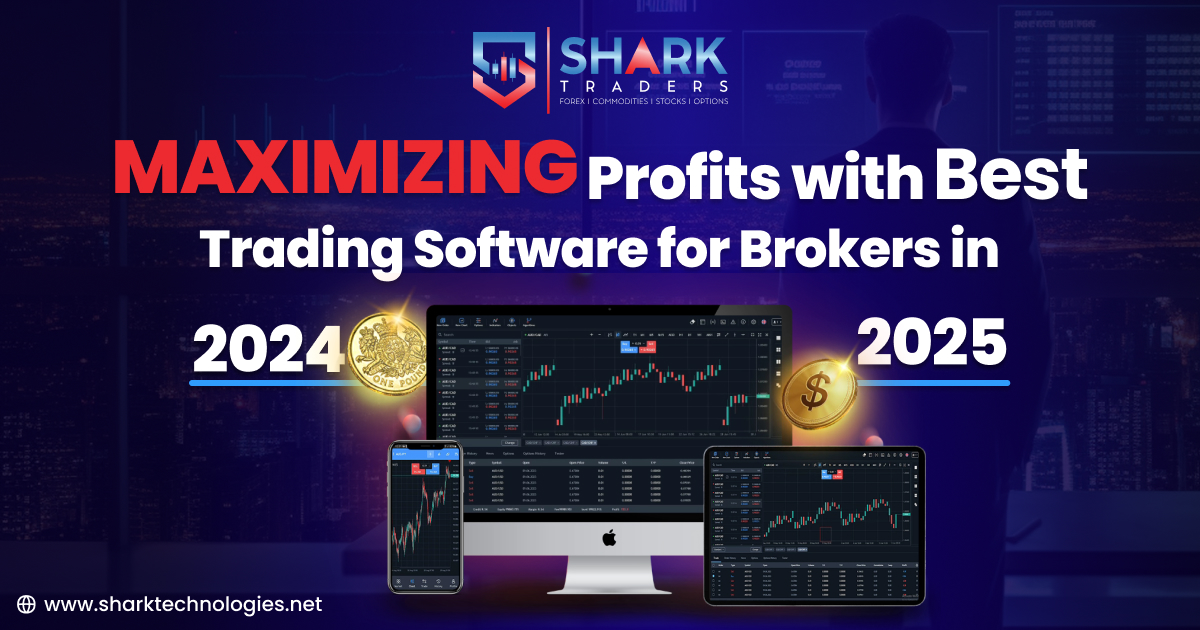Liquidity is the key element that actually makes it possible for both sellers and buyers to trade in the forex markets. Forex Liquidity Providers (FLPs) are actually responsible for providing and maintaining this liquidity. They serve as a link between buyers and sellers to facilitate trades by making certain that currency pairs are always available for trading.
Well, this was just a brief overview! Read this article to understand who liquidity providers actually are, their true role, and how to choose the best one for your forex brokerage.
What Is Forex Liquidity?
Simply put, Forex liquidity refers to how easily currency pairs can be bought or sold in the forex market. Thus, it measures how smoothly a trade can be executed without causing large changes in the currency’s price.
Liquidity of the Forex market can be affected by numerous factors, such as market size, directed monetary policies, time of day, and economic or political news and events.
But there is a basic rule: The Higher The Liquidity, The Better.
If the market is highly liquid, trading orders can be executed at prices close to the actual market value. However, when liquidity is low, there are multiple pending orders, and trades are executed at a significantly different rate than the regular rate. It basically results in market slippage.
Understanding Forex Liquidity Providers
What Are Forex Liquidity Providers?
Forex Liquidity Providers, also known as Forex market makers, are in charge of maintaining the transactional flow in the Forex market. These providers actually buy or sell currency pairs on buy and sell orders using their order books and capital reserves to preserve the two-way flow of these currency pairs.
In this way, they fill the gap and ensure that trade is carried out each and every time, regardless of whether a counterparty is available to facilitate the trade.
Different Types of Forex Liquidity Providers
These Forex liquidity providers are classified into several types, as listed below:
- Tier-1 Banks
These are the top banks that hold enormous reserves of currency pairs to provide deep liquidity and ensure tight pricing. They are reliable sources with a global market presence and strong financial backing. This category includes liquidity providers such as J.P. Morgan, Barclays, Citi, Goldman Sachs, Deutsche Bank, and UBS.
- Prime Brokers
Prime Brokers act as intermediaries, providing smaller financial institutions with access to liquidity that Tier-1 banks typically provide. These are also known as “liquidity aggregators,” since they gather liquidity from various sources and offer it at a reasonable cost.
- Non-Bank Financial Institutions
This category includes hedge funds, proprietary trading firms, and other non-bank financial institutions. They don’t have the same level of capital reserves as Tier-1 banks, but they provide affordable pricing.
- Electronic Communication Networks (ECNs)
Electronic Communication Networks (ECNs) are the electronic platforms that offer direct interaction between participants and remove the need for traditional intermediaries. They operate by matching buy and sell orders from various market participants.
Importance of Forex Liquidity Providers
The Forex Liquidity Provider plays a crucial role in forex markets and offers the following benefits:
Ensure Market Stability
Market manipulation is far too common, with major corporations purposefully creating situations to hijack the forex markets. However, liquidity providers deliver deep liquidity pools that are resistant to such situations.
Reduced Slippage
Liquidity partners reduce trade slippage by maintaining market transparency and improving trade execution. They ensure that all forex trades are executed at actual currency exchange rates.
Providing Competitive Pricing
Liquidity partners maintain asset reserves and take on market risk. They provide deep liquidity and manage bid and ask spreads. Thus, they offer competitive pricing and narrower spreads to enhance the trading experience for market participants.
Enhancing Trade Execution
Forex liquidity providers use the most advanced, efficient technological systems to ensure trades are executed quickly. Brokerages should collaborate with these liquidity partners to gain access to such advanced technological infrastructure that reduces slippage and requotes.
Offering Diverse Instruments
Forex liquidity providers offer a wide variety of currency pairs and other financial instruments. This enables brokerages to serve a diverse range of traders and support their different trading strategies.
How to Choose The Right Forex Liquidity Provider?
If you have a forex brokerage and are looking to partner with a forex liquidity provider, don’t just pick a random service provider. Make sure to consider the following factors:
- Reputation and Reliability
Look for the track record of the liquidity provider and check how long they have been in the market and their relationship with other businesses. Don’t just go for their plain promises; check if they are actually serving what they are claiming.
- Liquidity Depth
Liquidity depth represents financial stability and ensures that trades will be executed in a timely manner with minimal slippage. A reliable service provider would provide access to deep liquidity pools from top-tier banks, hedge funds, and other leading financial institutions.
- Market Coverage
A professional LP would deliver strong liquidity depth across different currency pairs, including major, minor, and exotic pairs. In addition to forex, they should provide access to other instruments such as commodities, indices, and cryptocurrencies.
- Pricing Models
Check the pricing structure of the liquidity provider. Some use a spread-based model, which is the difference between the bid and ask price. Others operate on a commission-based model, charging a fixed fee per trade. Additionally, some offer a Prime-of-Prime (PoP) model, which aggregates liquidity from multiple sources. Choose the model that fits your budget, but make sure there are no hidden fees or charges.
- Technology and Infrastructure
Review the technological infrastructure of the Forex liquidity provider, as it is what ensures speed and efficiency of order execution. Check its compatibility with your brokerage trading platform, and it can be customized as per specific needs.
- Regulatory Compliance
Not only maintaining compliance in brokerage operations, but also picking the LP that stays compliant with regulations is important. Therefore, confirm that your partner liquidity provider complies with all applicable regulations and is licensed to provide liquidity services.
Wrapping Up
Forex Liquidity providers play a central role in balancing the forex markets by delivering deep liquidity, tight spreads, and smooth transactions. At Shark Technologies, we serve forex brokerages all over the world with premium liquidity solutions. We hold robust and compliant infrastructure to provide seamless access to market liquidity, as well as multiple connectivity options for brokerages. Contact us today to learn how we can help your brokerage firm.
Also Read : What Are Liquidity Providers in Forex Trading & and Why Are They Important ?





